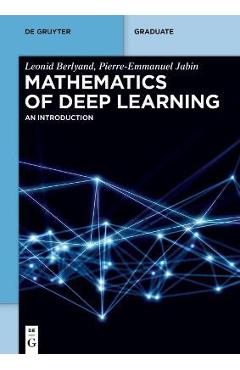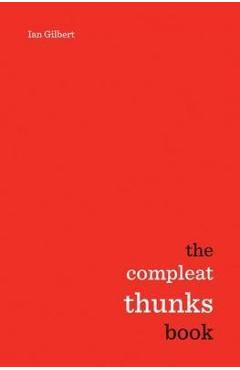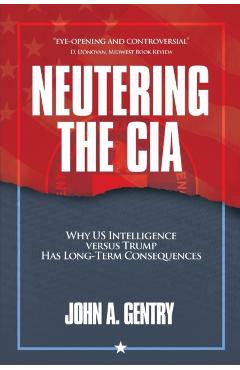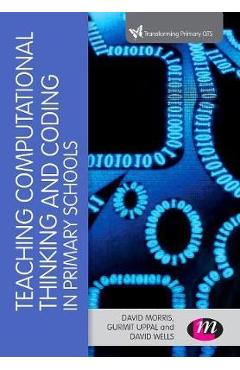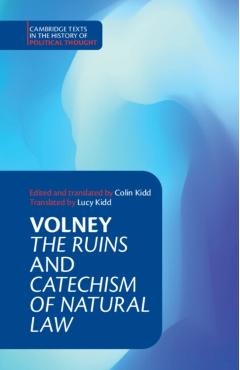Learn Quantum Computing with Python and Q#: A Hands-On Approach
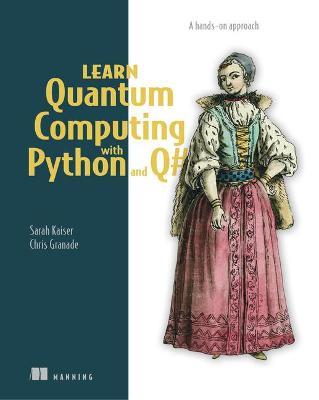
Learn Quantum Computing with Python and Q#: A Hands-On Approach
Learn Quantum Computing with Python and Q# introduces quantum computing from a practical perspective. Summary Learn Quantum Computing with Python and Q# demystifies quantum computing. Using Python and the new quantum programming language Q#, you'll build your own quantum simulator and apply quantum programming techniques to real-world examples including cryptography and chemical analysis. Purchase of the print book includes a free eBook in PDF, Kindle, and ePub formats from Manning Publications. About the technology Quantum computers present a radical leap in speed and computing power. Improved scientific simulations and new frontiers in cryptography that are impossible with classical computing may soon be in reach. Microsoft's Quantum Development Kit and the Q# language give you the tools to experiment with quantum computing without knowing advanced math or theoretical physics. About the book Learn Quantum Computing with Python and Q# introduces quantum computing from a practical perspective. Use Python to build your own quantum simulator and take advantage of Microsoft's open source tools to fine-tune quantum algorithms. The authors explain complex math and theory through stories, visuals, and games. You'll learn to apply quantum to real-world applications, such as sending secret messages and solving chemistry problems. What's inside The underlying mechanics of quantum computers
Simulating qubits in Python
Exploring quantum algorithms with Q#
Applying quantum computing to chemistry, arithmetic, and data About the reader For software developers. No prior experience with quantum computing required. About the author Dr. Sarah Kaiser works at the Unitary Fund, a non-profit organization supporting the quantum open-source ecosystem, and is an expert in building quantum tech in the lab. Dr. Christopher Granade works in the Quantum Systems group at Microsoft, and is an expert in characterizing quantum devices. Table of Contents PART 1 GETTING STARTED WITH QUANTUM
1 Introducing quantum computing
2 Qubits: The building blocks
3 Sharing secrets with quantum key distribution
4 Nonlocal games: Working with multiple qubits
5 Nonlocal games: Implementing a multi-qubit simulator
6 Teleportation and entanglement: Moving quantum data around
PART 2 PROGRAMMING QUANTUM ALGORITHMS IN Q#
7 Changing the odds: An introduction to Q#
8 What is a quantum algorithm?
9 Quantum sensing: It's not just a phase
PART 3 APPLIED
PRP: 407.92 Lei
Acesta este Pretul Recomandat de Producator. Pretul de vanzare al produsului este afisat mai jos.
367.13Lei
367.13Lei
407.92 LeiLivrare in 2-4 saptamani
Descrierea produsului
Learn Quantum Computing with Python and Q# introduces quantum computing from a practical perspective. Summary Learn Quantum Computing with Python and Q# demystifies quantum computing. Using Python and the new quantum programming language Q#, you'll build your own quantum simulator and apply quantum programming techniques to real-world examples including cryptography and chemical analysis. Purchase of the print book includes a free eBook in PDF, Kindle, and ePub formats from Manning Publications. About the technology Quantum computers present a radical leap in speed and computing power. Improved scientific simulations and new frontiers in cryptography that are impossible with classical computing may soon be in reach. Microsoft's Quantum Development Kit and the Q# language give you the tools to experiment with quantum computing without knowing advanced math or theoretical physics. About the book Learn Quantum Computing with Python and Q# introduces quantum computing from a practical perspective. Use Python to build your own quantum simulator and take advantage of Microsoft's open source tools to fine-tune quantum algorithms. The authors explain complex math and theory through stories, visuals, and games. You'll learn to apply quantum to real-world applications, such as sending secret messages and solving chemistry problems. What's inside The underlying mechanics of quantum computers
Simulating qubits in Python
Exploring quantum algorithms with Q#
Applying quantum computing to chemistry, arithmetic, and data About the reader For software developers. No prior experience with quantum computing required. About the author Dr. Sarah Kaiser works at the Unitary Fund, a non-profit organization supporting the quantum open-source ecosystem, and is an expert in building quantum tech in the lab. Dr. Christopher Granade works in the Quantum Systems group at Microsoft, and is an expert in characterizing quantum devices. Table of Contents PART 1 GETTING STARTED WITH QUANTUM
1 Introducing quantum computing
2 Qubits: The building blocks
3 Sharing secrets with quantum key distribution
4 Nonlocal games: Working with multiple qubits
5 Nonlocal games: Implementing a multi-qubit simulator
6 Teleportation and entanglement: Moving quantum data around
PART 2 PROGRAMMING QUANTUM ALGORITHMS IN Q#
7 Changing the odds: An introduction to Q#
8 What is a quantum algorithm?
9 Quantum sensing: It's not just a phase
PART 3 APPLIED
Detaliile produsului









